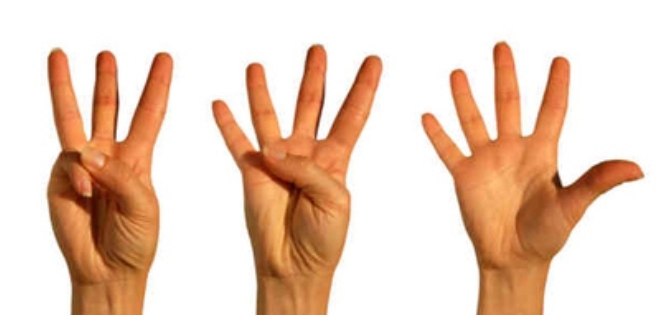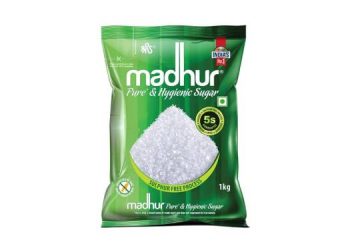
Even with TV advertising dominating the media spends of the country’s biggest brands, creative campaigns are still not as bulletproof as they once were. With consumers distracted by the deluge of messages, remote controls becoming more fickle and once-hallowed time-slots competing with digital media, the ever pricey air-time is getting less predictable and profitable to invest in.
Yet, its wide reach makes it an integral part of any mass media campaign. Why then are marketers straining to maximise return on investment (RoI)? In the new media landscape, five key rules can create winning TV campaigns:
Rule #1: Strong ad content breaks through four times better than a weak ad
Stronger ad content is not just limited to brilliant creative directors. To be truly clutter-breaking by helping consumers, use your ad to connect with your brand; a strong creative needs to be combined with the right cues, a high level of emotional engagement and compelling relevance. Then, your brand’s media spend can improve its ability to stand out.
Rule #2: Be categorical about your comparison; standing out within your category is more important than being ‘liked’
While being a likeable ad is often equated with increasing the chances of success, a more scientific comparison of campaigns within a category and the tactics that need to be deployed within them, are more critical. Fast moving consumer goods (FMCG) ads tend to be more frequent and relatable, since they pertain to items of daily usage. Their all-pervasiveness requires companies to ensure that their brand is ‘cued’ in such a manner.
On the other hand, categories with less frequent purchase cycles such as automobiles should have creatives that are deeply emotive to make it distinctive and memorable. Benchmarking within a category allows for smarter campaign-building.
Rule #3: Longer formats don’t guarantee higher ad resonance
Ad breakthroughs, which confirm that both the ad and the brand have been recalled by the respondents, don’t significantly vary with duration. Longer ads, despite the fanfare they receive, don’t always guarantee high ad resonance. It is more important to focus on creating a compelling ad and integrating adequate brand cues in it, than waste money on long format for its own sake.
Rule #4: Eliminating overlaps equals efficiency, which equals better RoI
We know viewing habits change for various reasons – type of shows, sporting season, elections, festivities etc. Seeking out a better understanding of viewing habits allows media plans to maximise reach and return on investment and increases chances of standing out. For example, while male viewers between 25-49 years are typically reached through news channels, most media plans are liable to focus on this genre. However, studying cross-genre preference also indicates that 90 per cent of males in this group that watch news also watch general entertainment channels. Only 50 per cent of males who watch news channels watch documentary channels.
In such a scenario, genres that have a high overlap with the main genre can be avoided and genres with a low overlap added.
Rule #5: Differentiate better to avoid aiding competitors half the time
Too often when adhering to a set of category codes, ads of different brands begin to look alike. For example, male deodorant or sports utility vehicle ads – most of them carry similar messaging and storylines. This could lead your brand to even help competitors. This is unavoidable. But through rigorous monitoring of the campaign while it runs, you can dial up the elements that help you differentiate.
Therefore, to improve performance of your ads, differentiate messages and keep them consistent across campaigns, include creative hooks and brand cues and adjust weightage of genres and finally, focus on making distinctive ads within your category.
This is not a magic potion to cure bad advertising. But it is a list that can help refine campaign strategy while the campaign is being conceived and carried out.

















